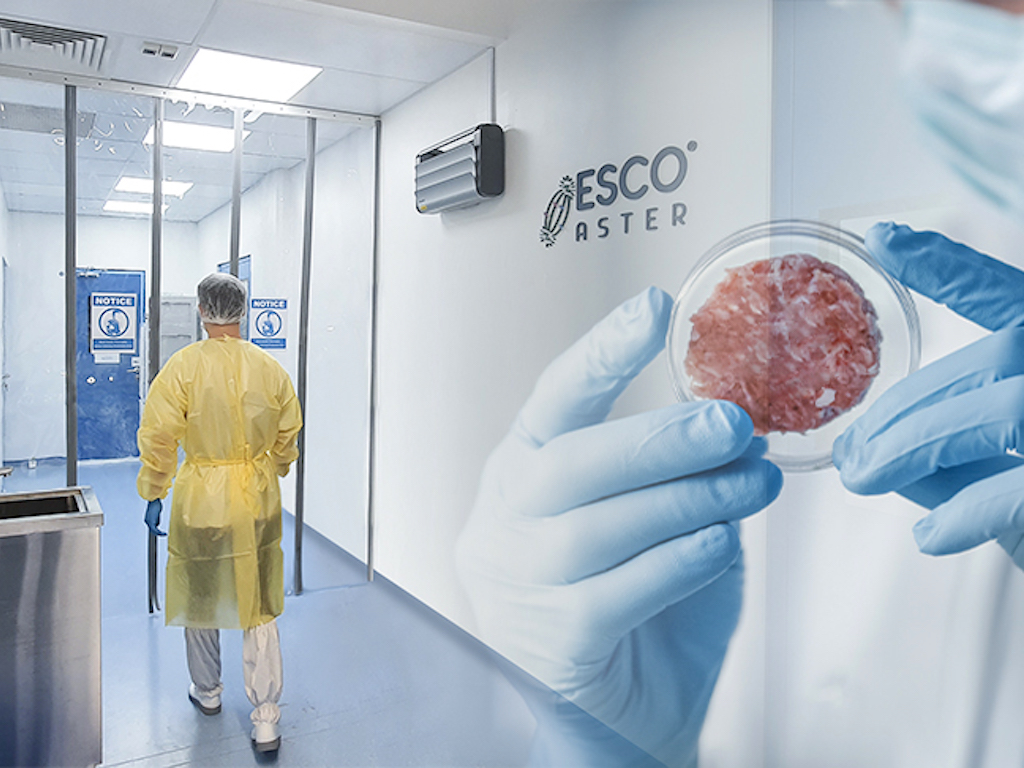With Its New Visa Program, Singapore Aims to Bring In More Food Tech Talent
3 Mins Read
Singapore wants to attract more talent in the AI and food-tech sectors via a new visa scheme.
Called COMPASS, which stands for Complementarity Assessment Framework, Singapore’s new employment visa program is pointed at employers working to support Singapore’s local economy and forward-thinking technologies, chiefly alternative protein and artificial intelligence.
COMPASS
The COMPASS program will evaluate a candidate’s potential contribution to the local economy based on four foundational criteria: salary, qualifications, hiring company’s diversity, and local staff ratios. To qualify for an Employment Pass (EP), candidates need to score at least 40 points.

The scheme includes a Shortage Occupation List of 27 jobs that will receive up to 20 bonus points. These jobs include artificial intelligence engineers, cybersecurity experts, alternative meat scientists, and investment advisers for high-net-worth individuals and family offices. The list will be reviewed every three years but can be done so annually if needed to balance flexibility with certainty for businesses.
“As Singapore moves to capture new economic opportunities, firms will require access to skilled talent to fill these jobs,” the Ministry of Manpower said in a statement. The office says the demand for skilled roles needs to be met by foreign workers given local workforce is limited and global competition for talent is intensifying.
According to the Ministry of Manpower, as of last December, EP holders numbered 187,300 – about 13 percent of Singapore’s foreign workforce. Experienced tech professionals in the Information and communications technology sector (ICT) will be eligible for a longer five-year pass if they meet eligibility criteria.
Singapore’s sustainability focus
COMPASS comes as Singapore aims to become Asia’s leading food innovation hub; it’s currently the only country in the world that has approved the sale of cultivated meat — Eat Just’s Good Meat earned approval in 2020.
The country continues to see a groundswell of food innovators in the region in other sectors including plant-based food and precision fermentation as part of its 30 by 30 initiative, which is aimed at producing 30 percent of the country’s food locally by 2030.

Earlier this year, Singapore appointed its first Government Chief Sustainability Officer to oversee the Singapore Green Plan 2030, which also tackles emissions and food waste, among other issues.
Singapore says it has a target to reach peak emissions by 2030 and net-zero emissions by 2050. The country says it’s aiming to hit net-zero “as soon as viable.”




